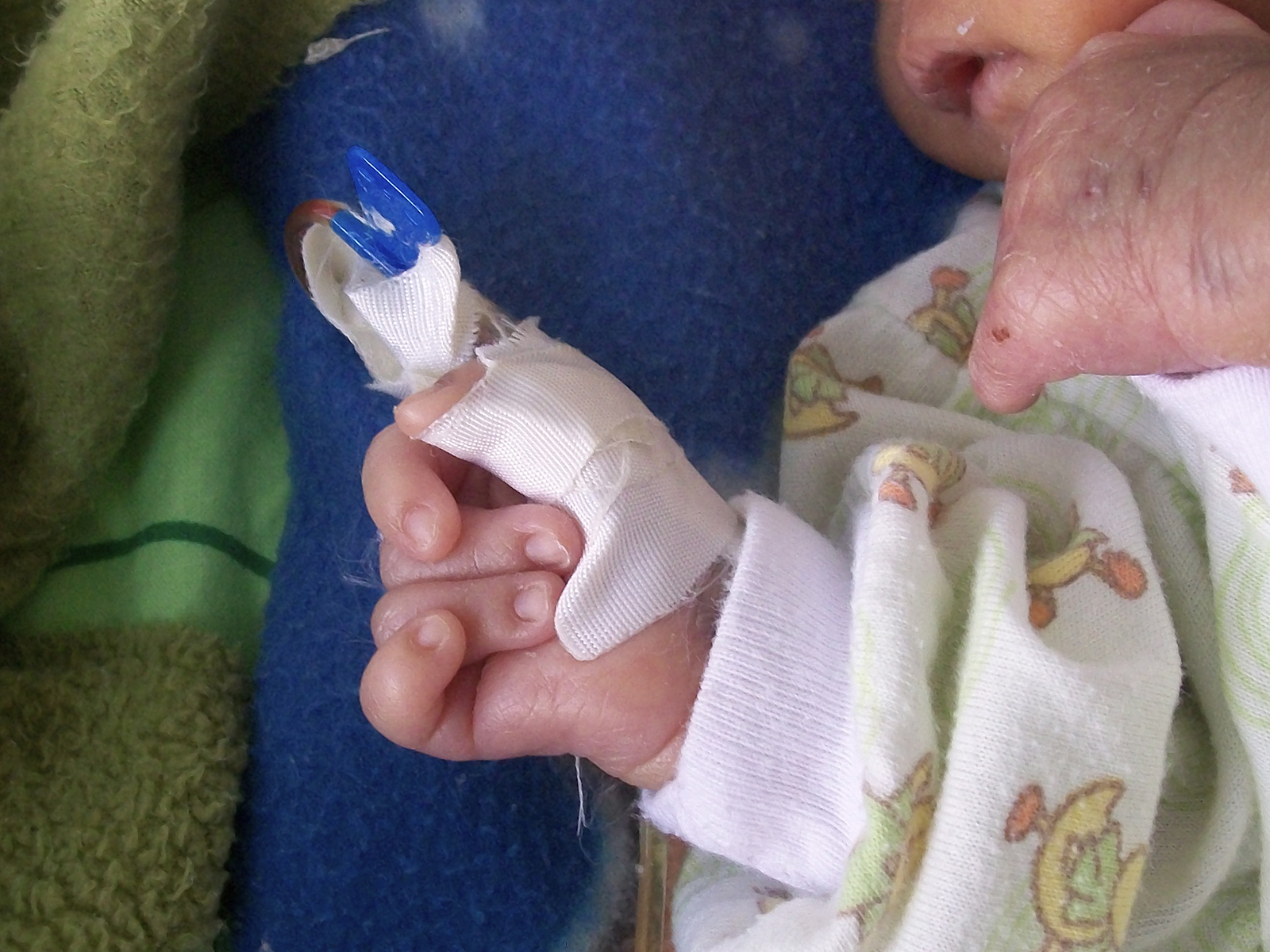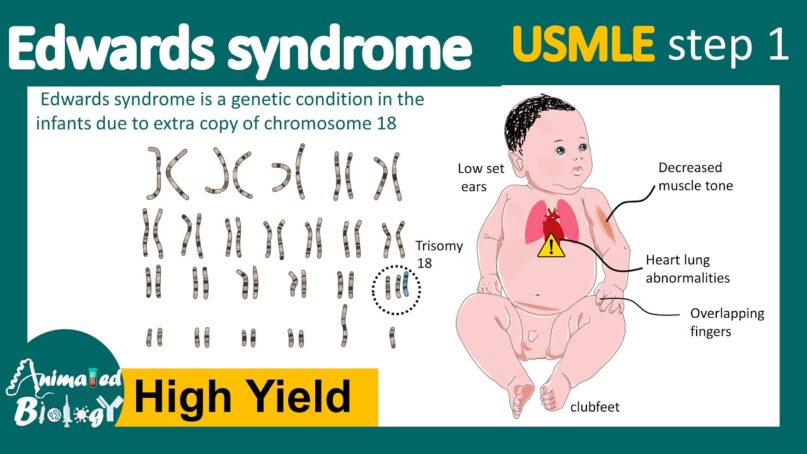
(RNS) — The last time a cover story in the Sunday New York Times Magazine pushed my buttons was just a few weeks ago. It was a political story about Israel Prime Minister Benjamin Netanyahu and the war in Gaza.
But earlier this month, the magazine cover pushed another set of buttons for me — one I had not felt pushed for decades. This time, it was personal.
The article, “Noah Is Still Here,” tells the story of one family’s struggle with a child who was born with a rare genetic disease, trisomy 18, also referred to as Edwards syndrome.
Many fetuses with trisomy 18 do not survive to birth, or die shortly after or within their first year. Those who live longer suffer grievous health challenges, including severe physical and intellectual disabilities, heart defects, kidney problems, spina bifida and underdeveloped lungs. Their growth is restricted. They often have craniofacial abnormalities, such as a small jaw and cleft lip or palate, and limb abnormalities.
At the time of the article’s writing, Noah, the child in the story, was 4 years old. The article chronicles the struggles his family has had that force us to think about the meaning of the phrase “quality of life,” medical ethics, how we love our children and the nature of sacrifice in daily life.
I had to force myself to read the article because that family could have been mine.

Characteristics of Trisomy 18, or Edwards syndrome. (Video screen grab)
I first heard the term trisomy 18 more than 30 years ago, when a prenatal exam detected that the fetus of a long hoped-for second child was afflicted with that syndrome. We had as much medical knowledge as was available then. We already had a son, who was then 5 years old, and we knew he would witness the predictable death of a sibling — within weeks, months or years — and we wanted to shield him from that.
We struggled. We sought counsel. And we made the painful choice to end that pregnancy. It was the right choice for us.
As I read the article, I trembled. Not only because of the tragic heartache that we avoided, but also because that failed pregnancy happened in New York in 1991. What if we were decades younger and it happened now — after Roe v. Wade was overturned in 2022, and abortion has been restricted in many states around the country?
It would depend on where we were living. Had we still been in New York, that abortion would have been legal — up to and including 24 weeks of pregnancy. After 24 weeks, women can obtain an abortion in the state if their health or pregnancy is at risk.
In our case, the amniocentesis in which we learned of the diagnosis was beyond six weeks. If we had been living in Georgia, abortion is banned after a fetal heartbeat is detectable, which is at about six weeks. Moreover, patients must wait 24 hours after counseling (not required to be in-person) to obtain an abortion.
In Florida, the limit is six weeks after the woman’s last menstrual period. In addition, we would have had to make two visits to a medical facility 24 hours apart — one for counseling and one for the abortion.
For those whose religious and/or moral codes forbid abortion, as we say in Hebrew, kol ha-kavod, I have respect. I have listened to the philosophical reasoning behind those positions and have learned from them. I have profound respect for their profound respect, and awe, for life — that all people are made in the image of God.
But, America is, by design, a conglomerate of moral tribes. To assume one moral tribe gets to decide how other people face the most sensitive and existential decisions in their lives? That’s un-American. If we had been forced to follow certain state laws regarding abortion, it would have meant violating our own religious teachings.
Jewish law makes it very clear that there are times when abortion is not only permissible, but necessary and warranted. Those situations include when the health of the mother is in danger. The mother’s mental health is part of that.
The late contemporary Orthodox medical authority Rabbi Eliezer Waldenberg ruled an abortion is permissible as late as the sixth month of pregnancy if tests revealed a severe abnormality like Tay-Sachs disease or Down syndrome. That’s, in part, because the risks to the mother’s mental health in carrying the pregnancy to term may be too high. We would extend this to other heartbreaking, tragic and traumatic situations, like if there has been rape or incest.
Our decision to end this pregnancy was difficult and tragic. But, I emphasize, it was the right choice for us.
Proverbs 14:10 says, “The heart alone knows its bitterness, and no outsider can share in its joy.” The Talmud (Yoma 83a) interprets that as meaning that medical patients can determine the level of challenge and anguish they are willing to tolerate. For example, someone who is sick can determine whether or not they are able to fast on Yom Kippur. I believe that we can generalize that principle, and people know what they can and cannot tolerate.
We knew our limits.
I do not believe the pious cliche, “God never gives you a burden bigger than you can bear.” I have seen many people who have been broken by the burdens, tests and traumas life has offered them. And while many would say we all have our cross to bear, that might be true, but it is not my theology.
Some might have counseled that the baby be brought to term and then given up for adoption, but I cannot imagine the kind of self-sacrifice and daily heartache this would require.
I respect those who have different ideas about these beginning-of-life issues. So, too, I have massive amounts of respect for parents who have had to make difficult decisions, who chose differently and who brought these fragile children into the world. I cannot imagine what it would mean to do that, but the ability to do so is truly a gift of God.
For them, I have kol ha-kavod, or deep, awe-filled respect.
